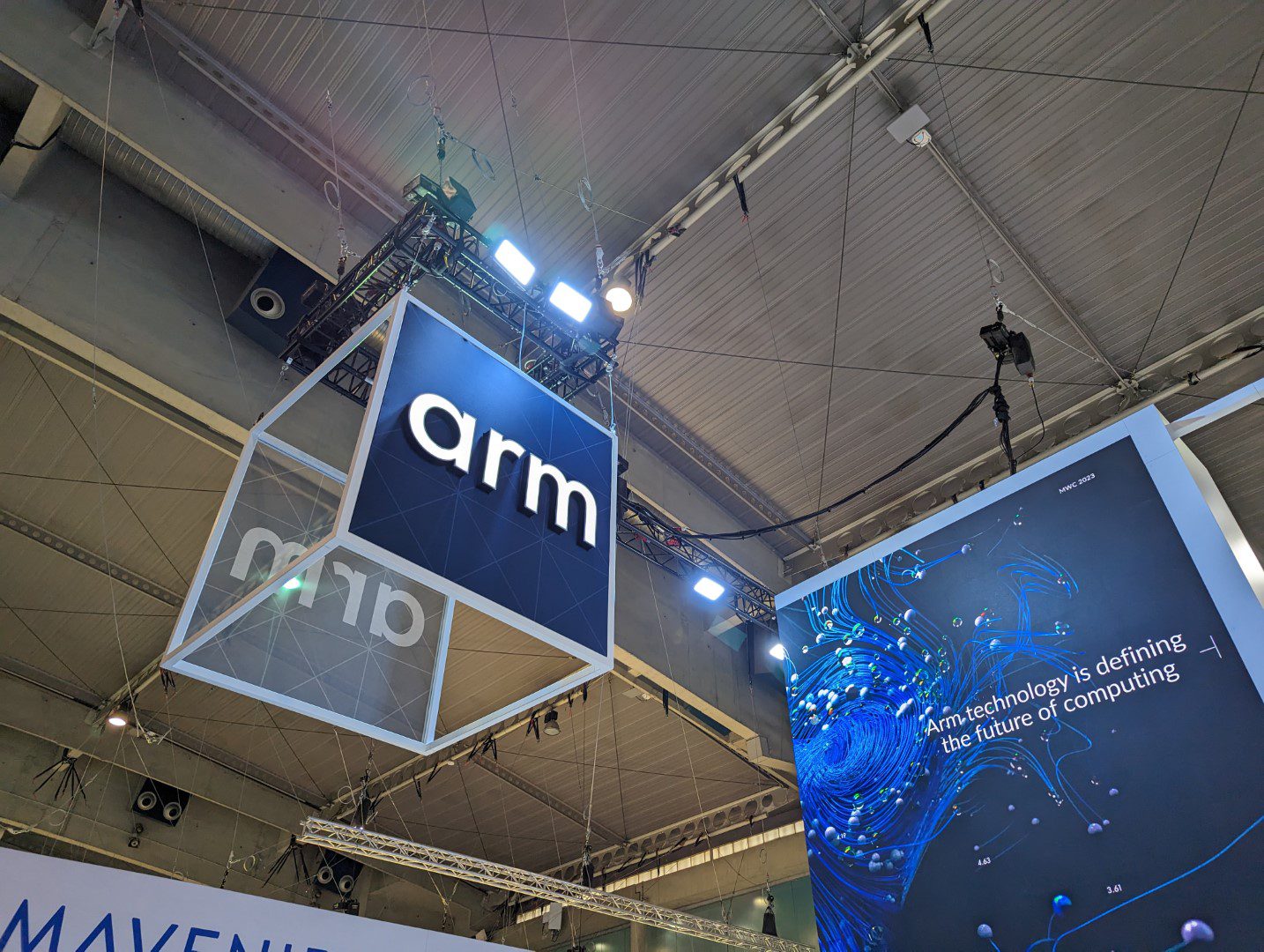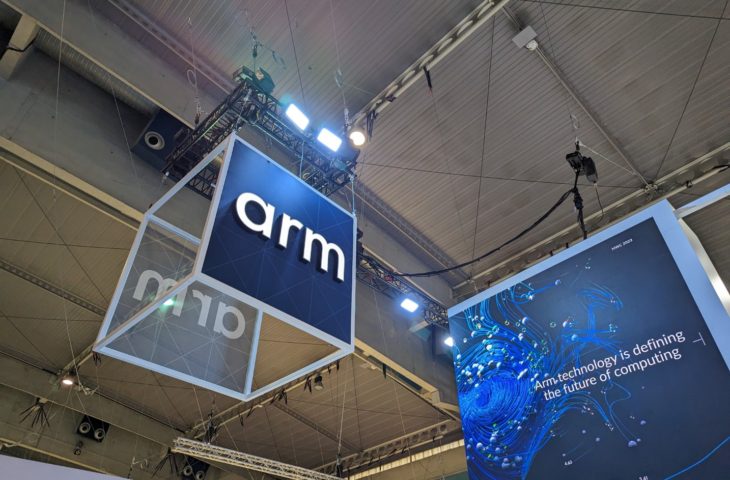Manufacturers of Android phones still based on 32-bit technology have been warned. ARM has introduced its first series of CPUs designed exclusively for 64-bit.
The first 64-bit-only CPUs are fact at ARM: the Cortex-X4, the Cortex-A720, and the Cortex-A520. It’s a warning to manufacturers who still cling to 32-bit technology. They’re not the most advanced systems, but they’re likely to set the tone for Android in the near future.
differences
The Cortex-X4 is aimed at the flagship phones. Improvements in the structure compared to the predecessor X3 promise fifteen percent more efficiency with 40 percent less consumption. That means faster app responses and a smoother user interface, according to ARM.
Then there’s the Cortex-A720, a successor to the A715. Although this version is faster, the focus is on longevity; ARM states that this version is twenty percent more efficient in terms of consumption. Developers can even opt for a smaller “entry-level” version to downsize their hardware or simply reduce costs.
Finally, let’s take a look at the Cortex-A520, which is primarily aimed at background tasks and less complicated subjects. Still, it would be 22 percent more efficient than the A510 and eight percent faster.
graphics upgrades
ARM has not forgotten the graphics either. Besides the new CPUs, the company is also launching designs for three new GPUs: Immortalis-G720, Mali-G720 and Mali-G620. Just like the new Cortex systems, these three promise better performance with less consumption.
A striking innovation is the DVS pipeline (“delayed vertex shading‘). It uses much less bandwidth, which creates opportunities for more complex scenes and images in HDR.
In terms of numbers, the Immortalis would do 15 percent more work – it can support more than 10 cores – than its predecessor, and do it 15 percent more efficiently. The Mali-G720 supports six to nine cores and the G620 is almost the budget version with support for five or fewer cores.
adjustment required
There is no question that all of this will affect the Android market. The platform is slow to adapt to 64-bit. Phone makers still stubbornly clinging to 32-bit have been warned: adapt or fall behind.
ARM is not standing still anyway. Recently there was news of a collaboration with Microsoft for a new CPU and last month the British company announced the construction of a prototype “superchip” not intended for immediate commercial use, but to demonstrate what ARM can produce.














